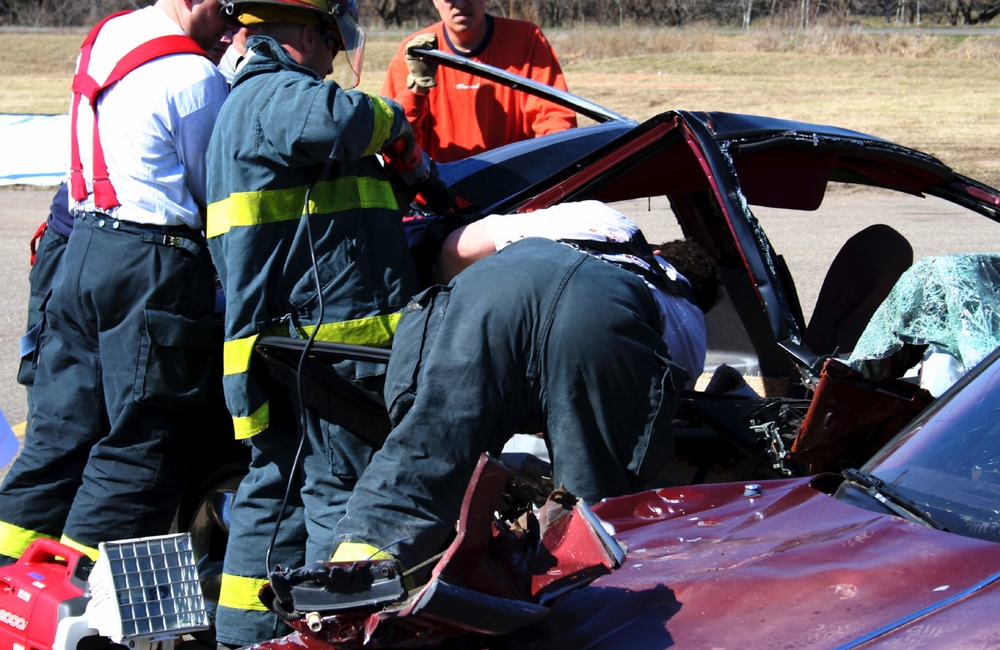There’s nothing illegal about getting behind the wheel after enjoying a glass of wine or beer, but it may not be smart. In the United States when your blood alcohol content (BAC) is 0.08 percent or below, you’re good to go. New research, however, may have you reconsidering your decision to drive after having that drink.
It’s about hand-eye coordination. Drinking even half a glass of beer can impair brain function, particularly hand-eye coordination, a study in The Journal of Physiology finds. This means that activities requiring you to respond quickly to what you see — such as driving a car, piloting a plane or managing heavy machinery — can be much riskier — even after only a few sips of alcohol.
The finding comes from a surprising source — scientists at NASA’s Ames Research Center. They wanted to know just how brain impairment might affect an astronaut’s performance when dealing with his or her on-the-job issues such as altered gravity, sleep deprivation and atmospheric changes. To figure it out, NASA researchers used low-doses of alcohol to mimic mild and reversible impaired brain function.Hand-eye coordination was significantly reduced at alcohol levels as low as 0.015 percent — that’s half a beer for a person who weighs around 165 pounds.
While people in the study took the screen test, NASA researchers measured their eye movements and discovered that hand-eye coordination was greatly impaired when alcohol was involved. At alcohol levels as low as 0.015 percent — that’s half a beer for a person who weighs around 165 pounds — hand-eye coordination was significantly reduced.
Height and other factors also affect how alcohol reacts in our bloodstream. These research results provide new information in determining the effects of even small amounts of alcohol on those — like drivers and pilots — who rely on precise visual and visual-motor control for particular activities, such as driving.
“Our findings provide a cautionary tale that the subjective experience of drunkenness is often not aligned with the objective impairment of sensorimotor coordination,” Terence Tyson, leading author of the study, said in a statement. “In other words, most people feel they are unimpaired after one drink, yet they are to a significant degree.”
Alcohol-related accidents account for about a third of all traffic fatalities in the United States. NASA’s down-to-earth findings suggest there’s a lesson to be learned: One for the road is never a good idea.





